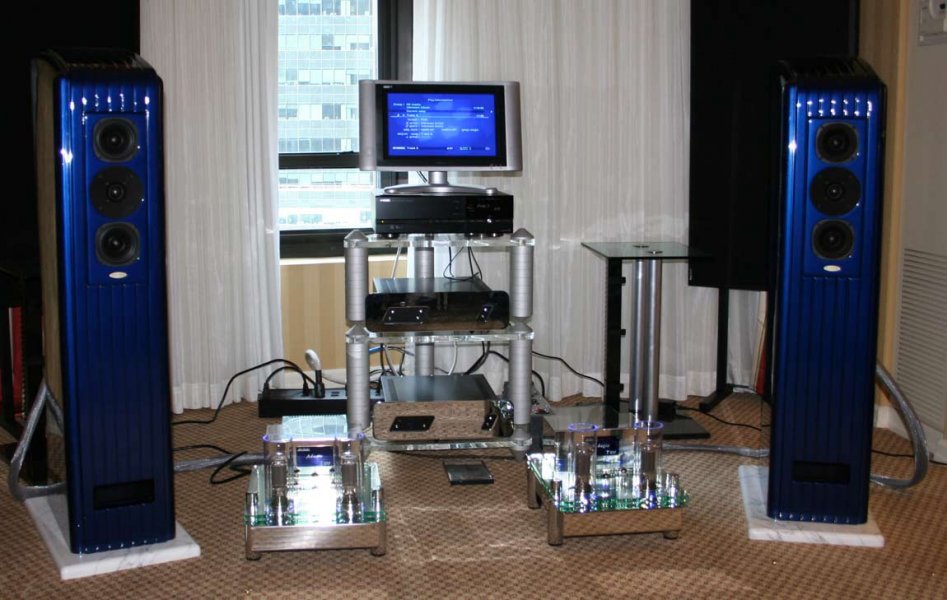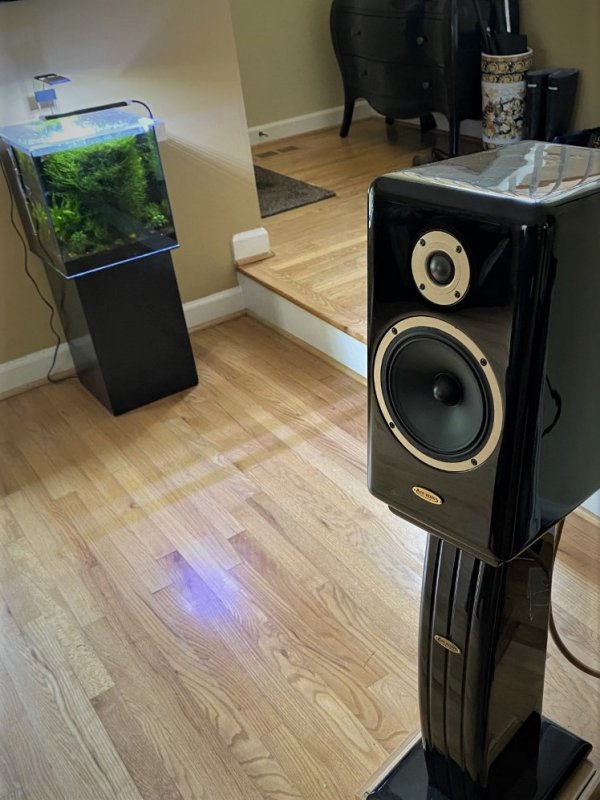Is "natural" an audiophile word? It seems a common word that even children and non audiophiles use. People know what it means, but not some audiophiles. I'm sure your students know too, despite your efforts to confuse the meaning. I have borrowed the expression "natural resolution" to relate it to what we hear from live instruments in space and to distinguish it from what some consider going too far into the analytical.
No, I think I was clear in my joke, but you manage to confuse things. Fortunately students are not naive children and use technical words or words appropriate to debate the specialized matter they want to discuss. Your effort to keep the audiophile discussion childish and naive to avoid debating anything that is not just your own simple perception only manages to keep discussions and superficial and ambiguous.
Surely your natural(TM) will please everyone - it is ambiguous and subjective enough to avoid any one feeling that his system is not natural(TM). We should do a poll asking people if they feel their systems are non - natural(TM)!











